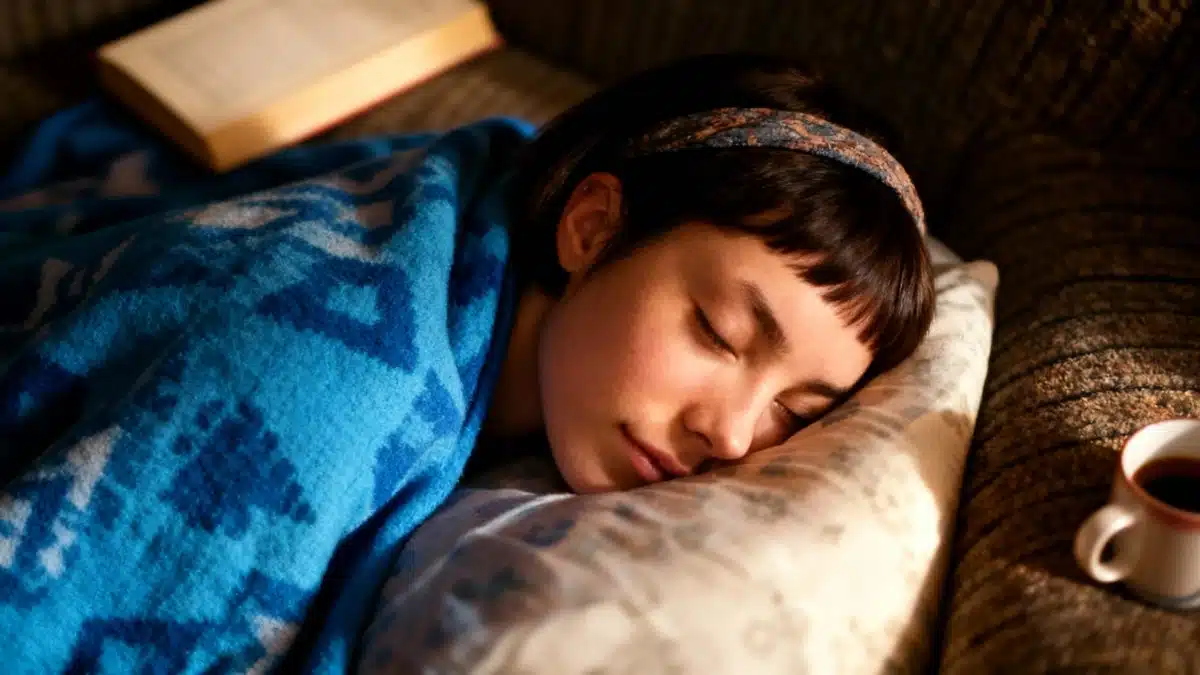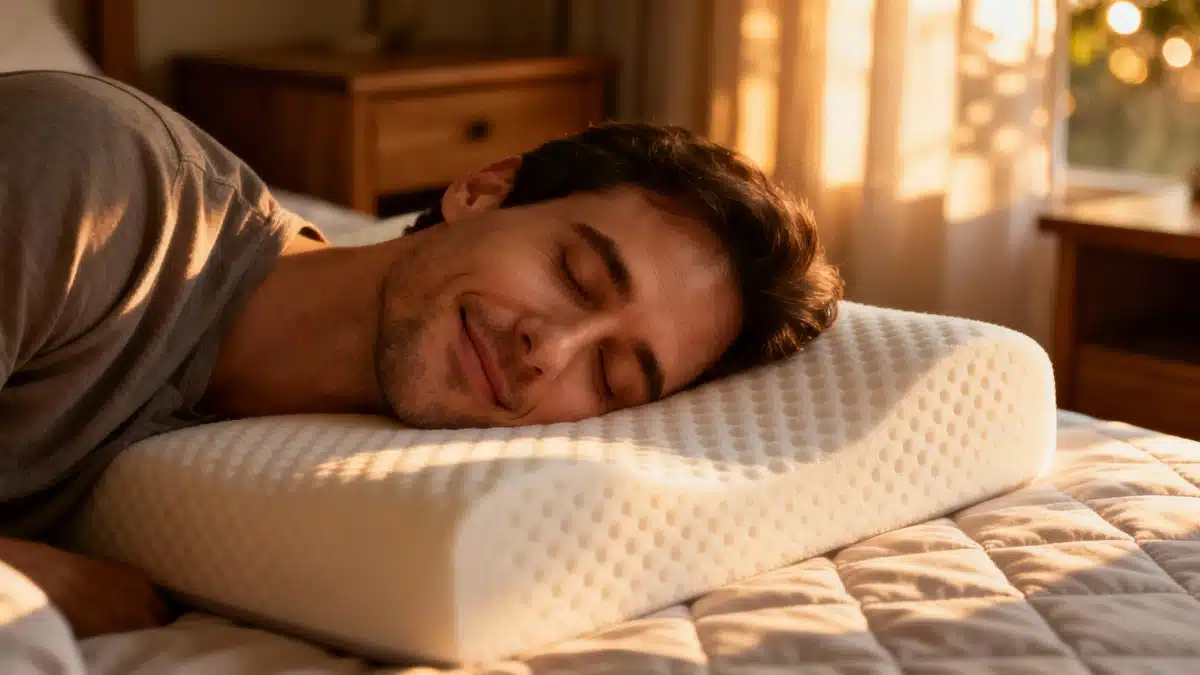If counting sheep isn’t working—don’t worry, you’re far from alone. For insomniacs, hope might be just around the corner, thanks to a recent decision that’s creating quite the buzz. In France, on December 29th, the Council of State finally overturned the government’s ban on selling hemp flower and leaves containing CBD (that’s the non-psychoactive compound in cannabis), after suspending it less than a year ago. Could CBD, now freely available, be the answer to restless nights?
CBD’s Promise: Relaxation on Demand?
According to the authorities, CBD is known for its relaxing and stress-relieving qualities. Some people swear by it to ease sleep troubles. Take Adrien, a 27-year-old who struggled for years with anxiety and intense stress—making restful sleep nearly impossible. In his own words:
“CBD oil and herbal teas changed everything,” he told HuffPost. “They help me worry less and stay focused on a book or a movie without intrusive thoughts. So, when I go to bed, I’m much calmer.”
CBD can be found everywhere these days—specialty shops, online, you name it—and it comes in a smorgasbord of forms: e-liquids, gummies, sprays, oils, chocolate bars, lollipops, even sparkling drinks. According to devoted fans, CBD is supposed to cure everything from migraines to cramps to—you guessed it—insomnia.
The Science: Miracle Cure or Hype?
But before you stock up on CBD snacks, there’s a catch. As Dr. Pascal Douek, a physician and member of the medical cannabis committee, points out:
“There’s no solid study proving any real effect of CBD on sleep.”
He adds:
“There are some studies, but they involve too few participants to be reliable. The benefits of CBD are, above all, driven by user testimonies.”
So, science isn’t sold yet—but people keep praising its calming effect. According to reports from Dr. Douek’s patients, one common side effect is drowsiness. This makes CBD a tempting option for those who lie awake into the small hours. However, it doesn’t work for everyone:
“My patients say they feel better since they started taking it, but for some, there’s no effect at all. It’s worth a try, but if you go beyond a certain dose and still get nothing, it’s time to stop—especially since it gets costly…”
He raises an eyebrow at the price tag, too. A bottle of CBD oil (10 ml), for example, can run between €30 and €70 (about $33 to $77 USD). The higher the concentration, the more it costs. And if you’re thinking of smoking the stuff, a gram of CBD resin can set you back €5 to €9 (around $5.50 to $9.90 USD).
An Option, Not a Miracle
So, is cannabidiol a magic bullet for sleepless nights? Not quite—but it’s an option worth exploring if you’re desperate for restorative rest. And let’s not forget the placebo effect, which is real and nothing to sneeze at. In drug studies for anxiety and sleep disorders, there’s always a placebo group, and—surprise—30% to 40% of those patients report improvement:
“That could be the case with CBD too,” suggests the medical cannabis specialist.
According to Dr. Douek, people living with insomnia or anxiety disorders have every reason to give this non-psychoactive molecule a try. It might keep them from turning to sleeping pills, anti-anxiety meds or antidepressants—treatments that can bring serious side effects and even lead to dependence.
Thinking It Over?
To wrap it up: if counting sheep just isn’t cutting it, CBD might be an experiment worth considering—at least until science weighs in with a definite answer. And if it turns out all the effect is in your head? Well, as long as you’re finally drifting off, it’s hard to complain.
This article does not replace professional medical advice. Always consult your doctor before seeking new treatments for sleep or anxiety disorders.

John is a curious mind who loves to write about diverse topics. Passionate about sharing his thoughts and perspectives, he enjoys sparking conversations and encouraging discovery. For him, every subject is an invitation to discuss and learn.





